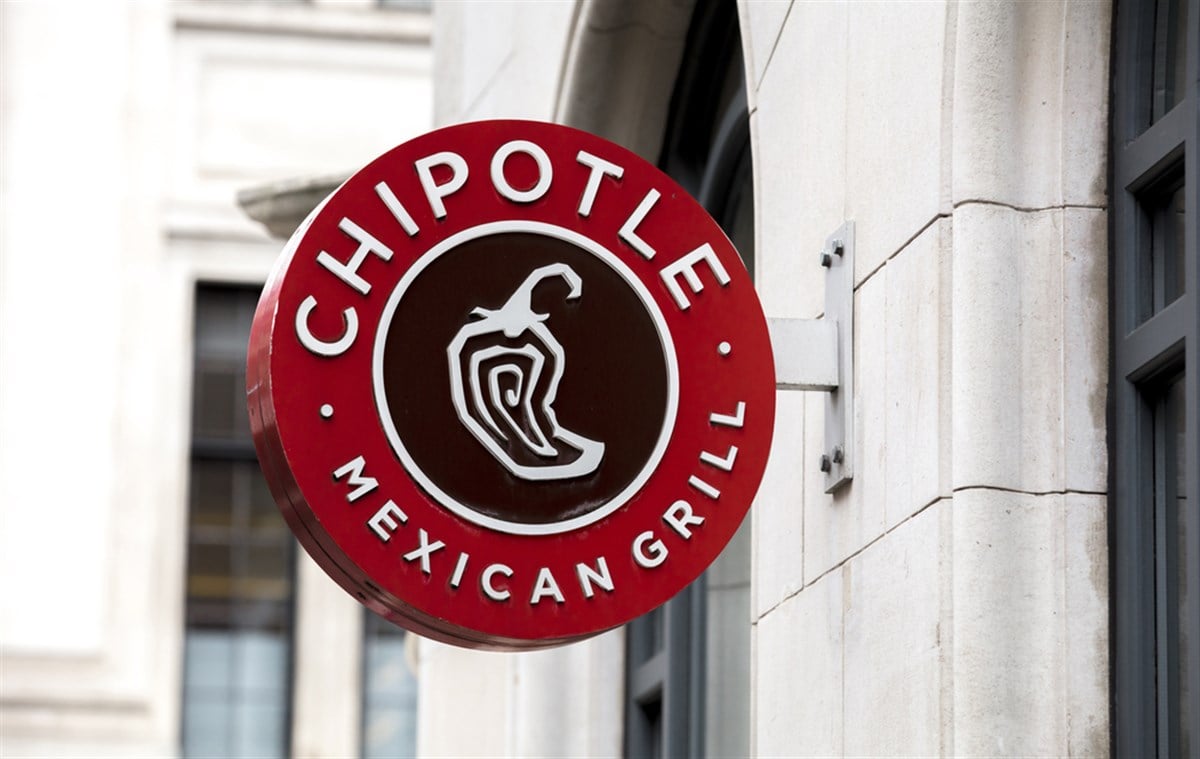
A new report from Bank of America analysts found that consumer discretionary stocks have the edge over consumer staples stocks.
That's despite a one-month outperformance of the Consumer Staples Select Sector SPDR Fund (NYSEARCA: XLP) relative to the Consumer Discretionary Select Sector SPDR Fund (NYSEARCA: XLY).
Bank of America analysts found that consumer discretionary stocks are trading at a premium to historical valuation measures, whereas consumer staples stocks trade at a discount.
However, when excluding certain high-fliers, such as Amazon.com Inc. (NASDAQ: AMZN), whose price-to-earnings ratio is 62, and Tesla Inc. (NASDAQ: TSLA), whose P/E is 52, consumer discretionary valuations appear more reasonable.
Sector's Forward P/E Slightly Below Average
“The relative forward P/E of the sector excluding these stocks is now below its long-term average,” said Bank of America.
By market capitalization, those two stocks account for nearly 40% of the S&P 500 consumer discretionary sector's market capitalization. That means they have tremendous sway over sector performance.
Tesla’s one-month decline of 18.40% has been a drag on sector performance. However, that also means it has less influence over the sector.
Tesla has been the worst consumer discretionary performer on a one-month basis.
Amazon Outperforming S&P 500
Amazon, meanwhile, has posted a seemingly modest gain of 4.54%, but that's outpaced the SPDR S&P 500 ETF Trust (NYSEARCA: SPY) return of 3.29%.
The best one-month performers within the consumer discretionary sector and their returns are:
- eBay Inc. (NASDAQ: EBAY): 22.48%
- Garmin Ltd. (NYSE: GRMN): 17.58%
- Norwegian Cruise Line Holdings Ltd. (NYSE: NCLH): 17.50%
- AutoZone Inc. (NYSE: AZO): 14.66%
- Royal Caribbean Group (NYSE: RCL): 10.36%
AutoZone has the heaviest sector group weighting of that group, at 1.62%, meaning none of those stocks has much influence over broad sector performance.
However, for stock pickers, the sector may offer potential.
Resilience Despite Continued Inflation
With investors again growing concerned about inflation that has proven to be anything but "transitory," consumers remain resilient.
According to B of A analysts, there are a few reasons for that, including:
- Roughly 90% of mortgage loans in the U.S. are in fixed-rate products. The current effective mortgage rate of 3.8% remains below pre-pandemic levels, contributing to consumer resilience.
- Trends in automation show a renewed focus on efficiency among consumer-discretionary companies, driving smoother earnings and multiple expansions.
Chipotle as Consumer Case Study
Chipotle Mexican Grill Inc. (NYSE: CMG) exemplifies the sector's strength.
The Chipotle Mexican Grill chart shows that the stock has returned 20.78% in the past three months and has continued its uptrend even as the S&P 500 is pulling back.
Wall Street expects double-digit earnings growth this year and next.
Bank of America analysts cited greater automation and increased productivity as reasons for the strength in consumer discretionary, highlighting Chipotle as being at the forefront of automation investments.
In particular, Chipotle saw a 38% increase in digital sales in the fourth quarter of 2023, versus 11% growth in the third quarter of 2018. As the company has rapidly increased sales and earnings, per-store labor costs are growing less than forecast, suggesting productivity gains.
Emerging Market Potential for Consumer Discretionaries
As has increasingly been the case in the past several decades, large companies do business globally. That means large-cap sector strength or weakness isn't necessarily limited to customers in the U.S.
That's also boosting the fortunes of consumer discretionary companies, as consumers from developing markets such as India have greater spending power.
Emerging economies have historically represented growth opportunities, albeit with more risk than developed economies.
Consumer discretionary investors shouldn't overlook that fact: According to Bank of America, the Colgate-Palmolive (NYSE: CL) India business unit has outperformed its global parent over the past five years.




